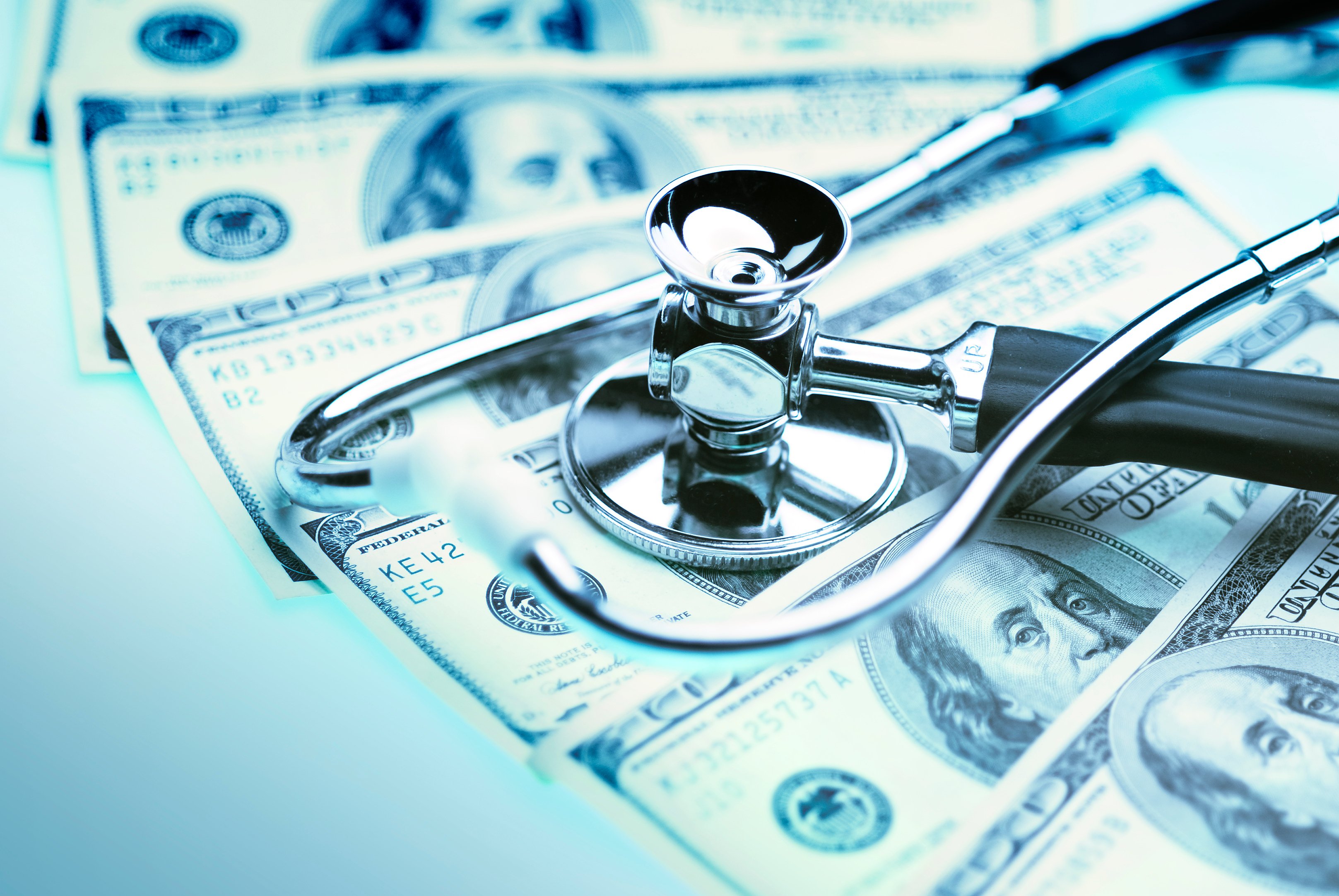Warren Buffett just made his most significant healthcare investment in 15 years, and the market is taking notice. Berkshire Hathaway (BRK.A +0.28%) (BRK.B +0.20%) revealed a new 5 million share stake in UnitedHealth Group (UNH 2.34%) worth $1.6 billion, according to Thursday's regulatory filing.
The insurance giant's stock jumped over 9% in after-hours trading on the news -- a sharp reversal for shares that had cratered 46% year to date before Buffett stepped in. Is the stock now a buy? Let's take a look to find out.

Image source: Getty Images.
The Oracle catches a falling knife
This isn't Buffett's first dance with UnitedHealth. Berkshire owned 1.18 million shares between 2006 and 2009 before selling during a broader retreat from health insurers in 2010. His return comes at UnitedHealth's darkest hour: federal investigations into Medicare billing practices, CEO Andrew Witty stepping down in May 2025 for personal reasons (replaced by Stephen Hemsley), and a disastrous Q2 earnings report that sent the stock tumbling 17% in a single day.
The company's July guidance cut painted an ugly picture. Full-year 2025 adjusted earnings expectations of at least $16.00 per share fell well short of Wall Street's hopes, while surging medical costs crushed margins at both the insurance and Optum divisions to multiyear lows. Add in the fallout from last year's massive cyberattack that impacted 192.7 million people, and you've got a stock trading at just 12 times forward earnings -- near its lowest valuation in over a decade.
But that's exactly when Buffett likes to pounce. The legendary value investor has built his fortune buying quality companies when sentiment hits rock bottom, and UnitedHealth's fundamentals remain intact despite the headlines. Revenue still grew 13% to $111.6 billion in Q2, and the company maintains its dominant position as America's largest private health insurer.
Why Wall Street is suddenly bullish
Buffett isn't alone in seeing opportunity in the wreckage. Michael Burry of The Big Short fame and David Tepper's Appaloosa Management also took positions last quarter. Wall Street analysts maintain their optimism, with 19 of 23 covering analysts rating the stock a buy, though price targets vary widely -- from a low of $198 to a high of $700, with many recent targets in the $310 to $400 range.

NYSE: UNH
Key Data Points
The bullish case rests on mean reversion. UnitedHealth's current challenges -- elevated medical costs post-pandemic, regulatory scrutiny, leadership transition -- are arguably temporary headwinds hitting a business with enduring competitive advantages. The company's vertically integrated model, combining insurance (UnitedHealthcare) with healthcare services (Optum), creates a moat that's difficult to replicate.
More importantly, the demographic tailwind remains unstoppable. An aging population guarantees growing demand for both Medicare Advantage plans and Optum's pharmacy benefit management services. The company processes 1.7 billion claims annually and serves 53 million Americans through its insurance products. That scale advantage doesn't disappear overnight.
Management is already attacking the cost problem, targeting $1 billion in savings by 2026 through AI and technology initiatives. The company's Optum division, which includes pharmacy benefits, care delivery, and data analytics, generated $226 billion in revenue last year -- a business that would rank among the Fortune 50 on its own. With Medicare Advantage margins targeted to recover to 2% to 4% and the company's massive data advantage in underwriting and care management, the path to earnings recovery seems clear, even if the timing remains uncertain.
Time to buy?
At its current valuation, UnitedHealth assumes the worst-case scenario becomes a permanent reality. That's an assumption Buffett doesn't appear to share, and one that seems overly pessimistic on its face. Savvy investors, in turn, may want to follow the Oracle's lead on this beaten-down healthcare stock.







